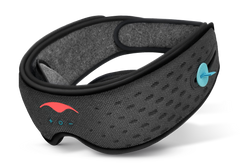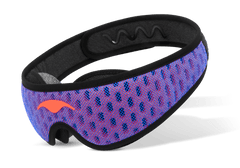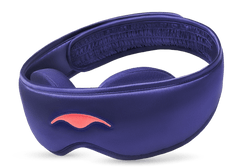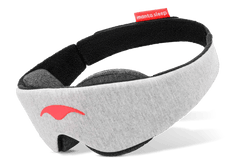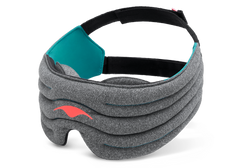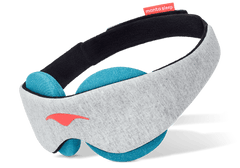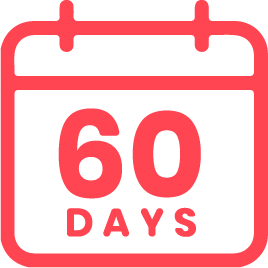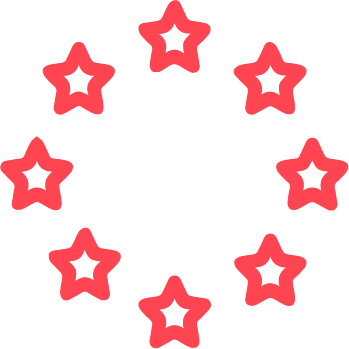Post-Workout Naps: Helpful or Harmful?
The subjects of sleep and exercise are both hotly debated — so it’s no surprise that combining the two isn’t clear-cut.
We all generally agree that sleep is super important, and that exercise is great for your body and mind…
But we can’t quite seem to see eye to eye on the details: like when you should sleep, relative to your workout.
Ever wonder if napping after your gym sessions is hurting your workout results or even damaging your sleep quality?
Read on to find out.
The Pros and Cons of Post-Exercise Sleep
According to research, post-workout naps may help you:
- Rest your muscles more effectively by giving them uninterrupted recovery time
- Boost your energy levels, if your workout leaves you feeling extra tired
- Jump-start your metabolism and burn fat faster while you sleep
However, post-workout naps may also:
- Be difficult to take, because exercise increases cortisol — a stress hormone that makes it harder to fall asleep
- Lead to burning fewer calories since your metabolism slows down when you stop moving around (1)
- Affect your nighttime sleep if you already suffer from sleep-related problems (e.g., insomnia)
Should You Nap After You Exercise?
In short: it depends — there’s no one-size-fits-all recommendation.
Find out whether a post-workout nap is likely to help or hinder your workout results below.
Consider a Post-Workout Nap If…
You’re an athlete, training for a marathon, or if you participate in rigorous exercise routines (2).
If you’re an intense exerciser, you’re more likely to be tired after your workouts due to the extreme nature of your workout sessions.
In addition to the above, certain types of workouts — such as intense aerobic (cardio) or anaerobic (high-intensity interval training, weight training, sprinting, etc.) workouts — can take a higher-than-average toll on your muscles and benefit from a brief nap to aid in recovery.
A caveat: if you’re regularly exhausted after your workouts, it could be a sign that you’re pushing yourself too hard and need to tone it down a little. (1)
Most people report feeling more awake and full of energy after working out — not less. Try scaling back the duration or intensity of your routine and see if you feel more energized afterwards.
Consider Skipping the Post-Workout Nap If…
You struggle with insomnia or other sleep-related problems.
If sleep doesn’t come easily to you, it’s a good idea to avoid working out too late in the day or napping for too long, or too late (experts recommend no more than 20-30 minutes, no later than the early afternoon).
Napping or working out too close to bedtime is a surefire way to disrupt your sleep — and it may be wise for you to skip the nap entirely.
The Bottom Line?
Napping after you work out likely won’t do you any harm — there’s no strong evidence one way or the other.
If you feel too tired to do anything else after your workout (whether it’s running a 5k or chasing your children around the house), taking a nap can help you boost your energy levels and mood so you can get the most out of the rest of your day.
But if you aren’t tired, don’t feel obligated to nap — so far, no research says it’s positively better or worse for you to do so.
Your best bet: experiment and find out what works for you.
Now we want to hear from you: are you a post-workout napper? Why or why not?
Sources:
(1) “Sleeping (or Taking a Nap) After Working Out – Should I Do It?" Sleep Advisor, 13 Jun. 2019, www.sleepadvisor.org/sleep-after-workout/
(2) Alexander, Emily. “Is it Good To Nap After a Workout?" Sleep Report, 7 Jan. 2019, www.sleep.report/nap-after-workout/


